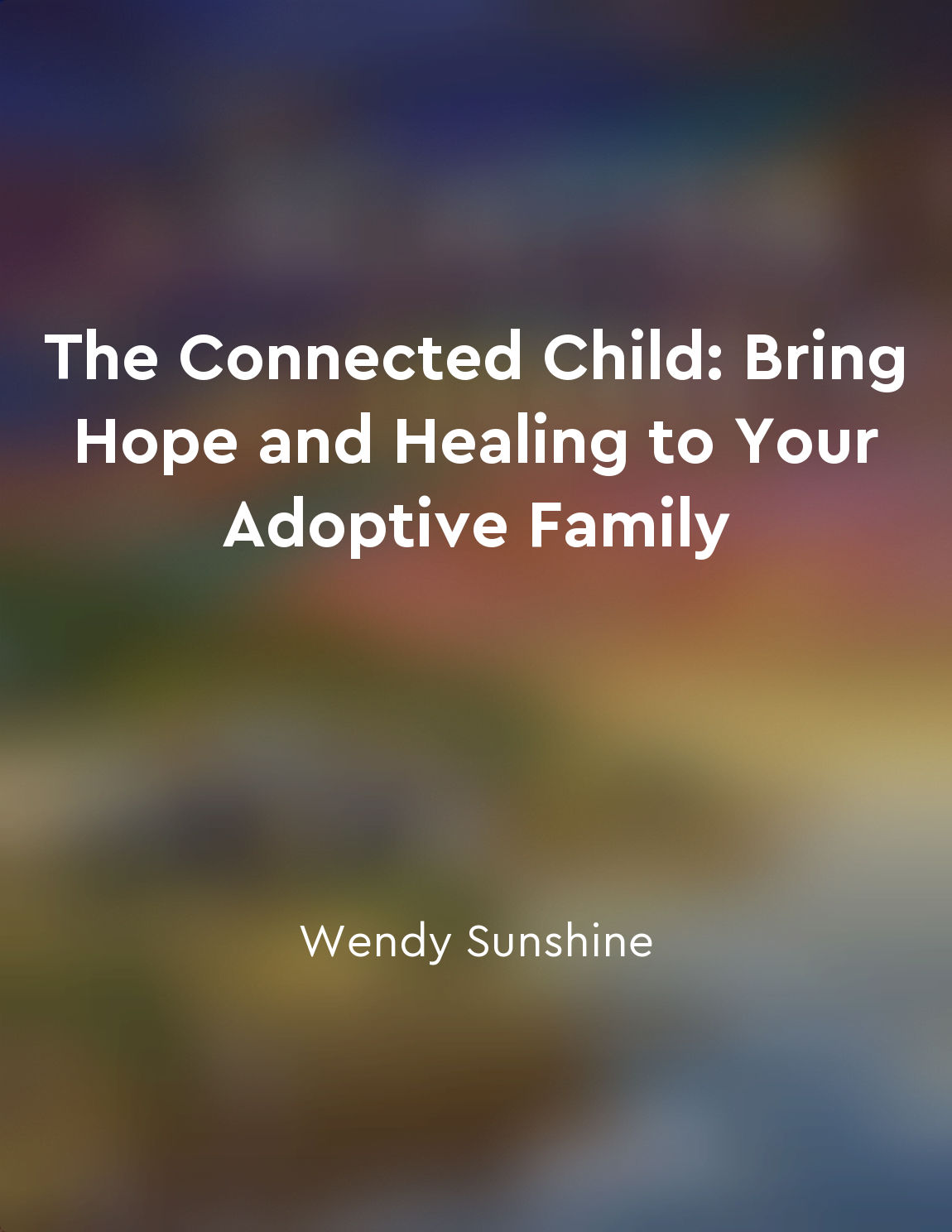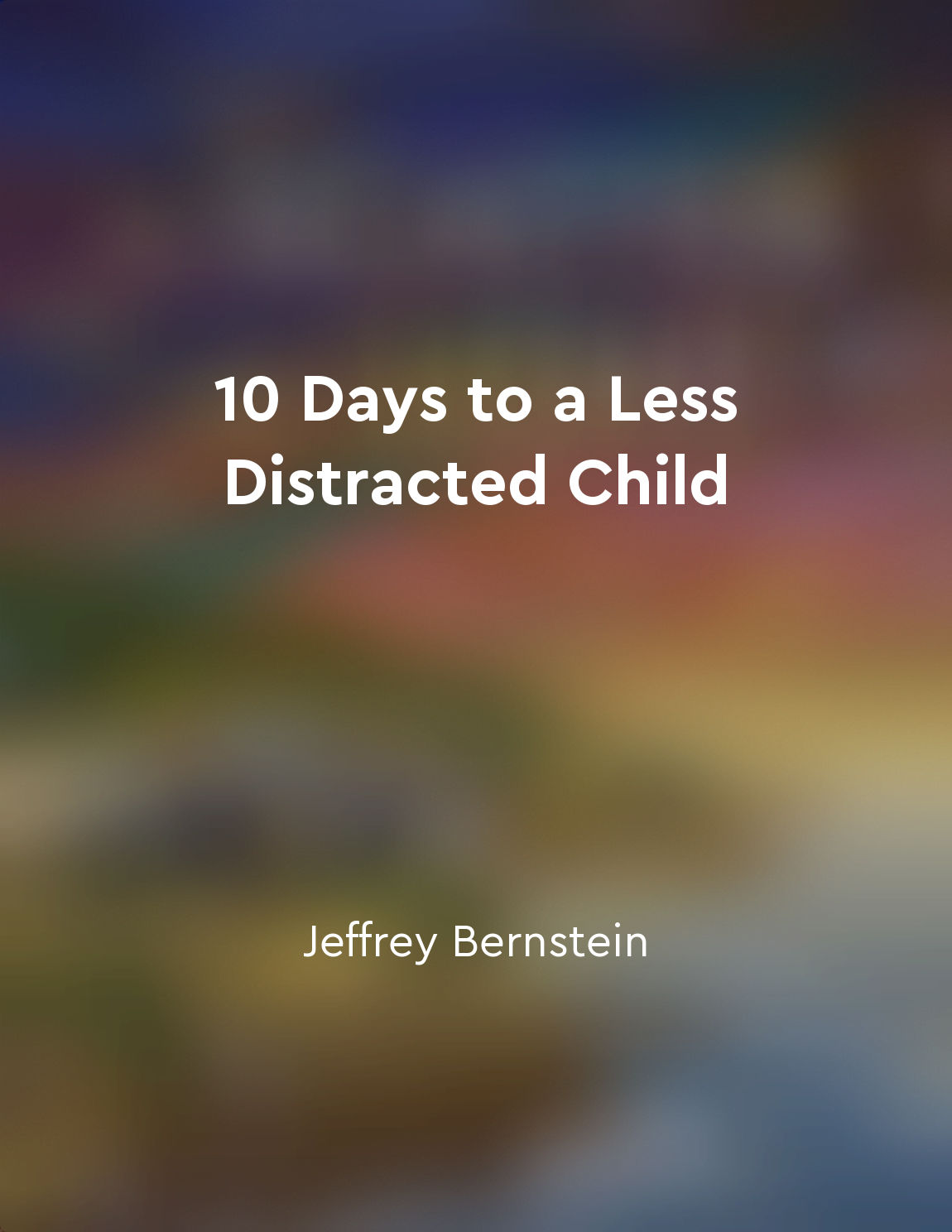Use positive language when correcting behaviors from "summary" of The Power of Positive Parenting by Glenn Latham
When correcting behaviors, it is important to use positive language. Positive language focuses on what you want your child to do, rather than what you don't want them to do. For example, instead of saying, "Don't run in the house," you can say, "Please walk inside." This way, you are directing your child towards the desired behavior in a positive manner. Positive language helps children understand what is expected of them and gives them clear guidance on how to behave. When you use positive language, you are reinforcing positive behaviors and encouraging your child to make better choices in the future. Children respond well to positive language because it is encouraging and uplifting. Using positive language also helps to maintain a positive and respectful relationship between you and your child. When you correct behaviors using positive language, you are showing your child that you value and respect them. This can help strengthen your bond with your child and build trust between the two of you. Positive language can also help boost your child's self-esteem. When you focus on the positive aspects of your child's behavior and use encouraging language, you are helping them develop a positive self-image. This can lead to more confidence and a greater sense of self-worth in your child.- Using positive language when correcting behaviors is an effective way to guide your child towards positive behavior. It helps them understand what is expected of them, reinforces positive behaviors, maintains a positive relationship, and boosts their self-esteem. By using positive language, you can create a more positive and respectful environment for your child to grow and thrive.
Similar Posts

Remember that your love and guidance shape your child's future
When we become parents, we hold in our hands the power to shape the future of our children. It's a monumental responsibility th...

Empower children to share their story
One of the most crucial aspects of helping children who have experienced trauma is to give them the opportunity to share their ...

Avoid overstimulation and provide calm surroundings
In our fast-paced world, it's easy to get caught up in the hustle and bustle of daily life. But for your baby, simplicity and c...
Take responsibility for the impact of your words
When we speak, our words have the power to shape the world around us. They can build up or tear down, inspire or discourage, cr...

Simplify your child's environment for focus
To help your child focus better, it is important to simplify their environment. This means reducing distractions that can pull ...
Be open to feedback and willing to improve
It is essential to be open to feedback and willing to improve in order to enhance our communication skills. Feedback is a valua...
Choose to live a life of integrity and authenticity through the Four Agreements
Living a life of integrity and authenticity is a choice we make every day. It is a commitment to being true to ourselves and ho...
Demonstrating love in the child's love language fosters a strong parentchild bond
When we speak the love language of our child, we are connecting with them on a deep emotional level. It shows them that we unde...
Understanding the “upstairs” and “downstairs” brain is crucial in parenting
In order to effectively parent our children, it is essential to understand the concept of the "upstairs" and "downstairs" brain...
Encouraging independence builds confidence
When children are encouraged to be independent, they gain a sense of accomplishment and self-worth. This can lead to increased ...


